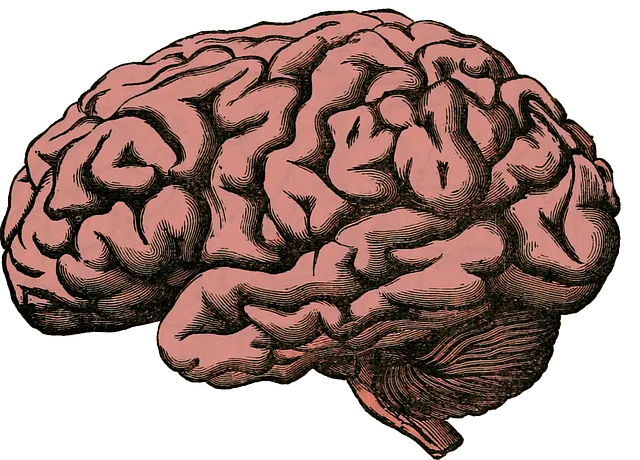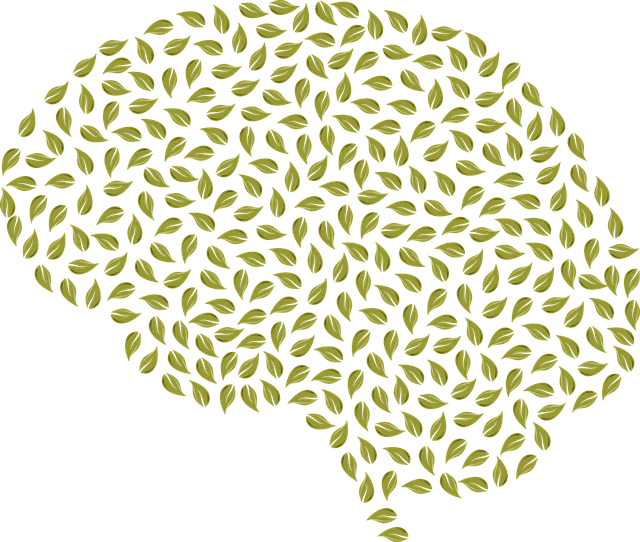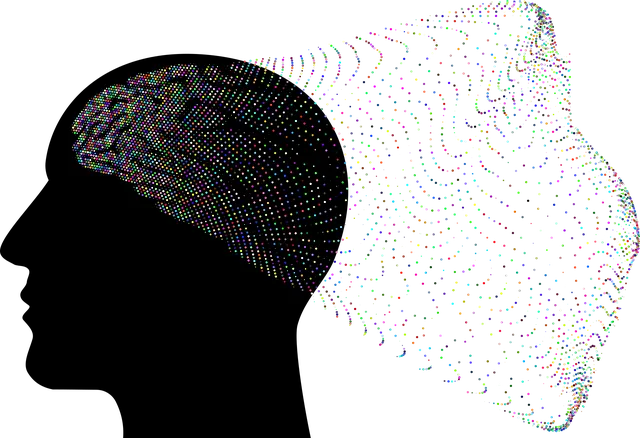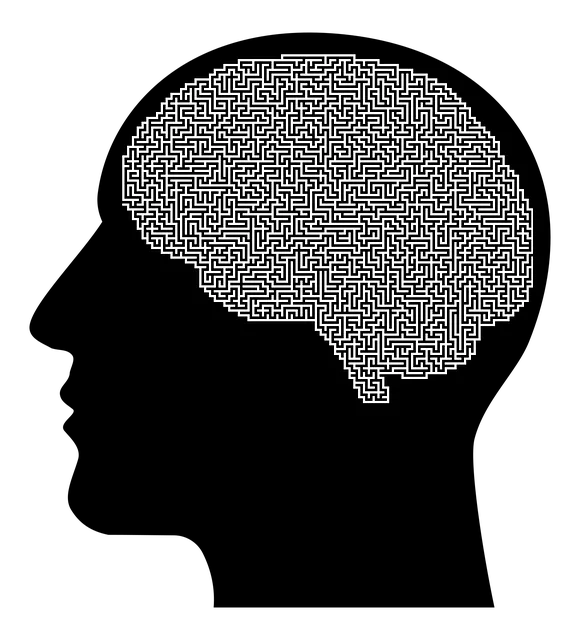The Arvada Kaiser Permanente mental health center prioritizes early intervention and comprehensive care for depression, emphasizing subtle sign recognition through empathy-driven strategies. They offer a holistic approach combining accessible resources, personalized support, and community outreach programs to dispel stigma and empower individuals with coping mechanisms. Lifestyle changes like regular exercise, quality sleep, balanced diet, mindfulness techniques, and tailored therapy strategies promote mental well-being, while building a robust support network fosters resilience against depression.
Depression is a prevalent yet complex condition, affecting millions worldwide. Understanding its subtle signs and symptoms is the first step towards prevention. The Arvada Kaiser Permanente Mental Health Center plays a pivotal role in this regard, offering specialized services to promote mental well-being. This article explores various strategies to combat depression, from lifestyle changes and therapeutic approaches to building supportive networks. By integrating these techniques, individuals can enhance their resilience and seek help when needed, particularly through the valuable resources provided by the Arvada Kaiser Permanente mental health center.
- Understanding Depression: Recognizing the Signs and Symptoms
- The Role of Arvada Kaiser Permanente Mental Health Center in Prevention
- Lifestyle Changes for Better Mental Well-being
- Therapeutic Approaches to Combat Depression
- Building a Support Network: Social Connections and Coping Strategies
Understanding Depression: Recognizing the Signs and Symptoms

Depression is a common yet serious mental health condition that can significantly impact an individual’s daily life and overall well-being. At the Arvada Kaiser Permanente mental health center, professionals emphasize the importance of early intervention and understanding the nuances of this disorder. Recognizing the signs and symptoms is the first step in preventing and managing depression effectively. This includes persistent feelings of sadness, loss of interest or pleasure in activities once enjoyed, changes in appetite and sleep patterns, fatigue, difficulty concentrating, feelings of worthlessness or guilt, and recurrent thoughts of death or suicide.
The center promotes empathy-building strategies as a key component of mental health care, encouraging professionals to assess risk factors through comprehensive evaluations. By fostering an environment of understanding and implementing emotional well-being promotion techniques, individuals can be better equipped to cope with depressive episodes. This proactive approach not only aids in prevention but also empowers people to seek help at the earliest signs, ensuring more effective treatment outcomes.
The Role of Arvada Kaiser Permanente Mental Health Center in Prevention

The Arvada Kaiser Permanente Mental Health Center plays a pivotal role in depression prevention strategies within the community. With a strong focus on early intervention and proactive care, the center offers a range of services tailored to address the unique needs of individuals at risk or experiencing early signs of depressive disorders. One notable initiative is their Community Outreach Program, which actively engages with local communities to raise awareness about mental health, dispel stigma, and encourage open conversations around emotional well-being.
Through this program, Arvada Kaiser Permanente provides educational workshops, group discussions, and individual guidance on practices like Emotional Intelligence and Mental Wellness Journaling Exercises. These strategies empower individuals to recognize their emotions, develop coping mechanisms, and foster a sense of resilience against depression. By combining accessible resources with personalized support, the center ensures that prevention efforts are not just informative but also actionable, ultimately contributing to a healthier and more resilient community.
Lifestyle Changes for Better Mental Well-being

Making lifestyle changes can significantly impact your mental well-being and prevent depression. The Arvada Kaiser Permanente mental health center advocates for a holistic approach to mental health, focusing on various aspects of daily life. Regular exercise is a powerful tool; it releases endorphins that enhance mood and reduce stress. Incorporating 30 minutes of physical activity most days can boost energy levels and improve overall mental clarity. Additionally, prioritizing quality sleep is essential; aiming for 7-9 hours nightly allows your brain to rest and recharge, promoting emotional regulation.
Nutrition also plays a vital role. A balanced diet rich in fruits, vegetables, whole grains, and lean proteins supports brain health. Avoiding excessive sugar and processed foods can stabilize mood swings. Furthermore, practicing mindfulness techniques like meditation or deep breathing exercises helps manage stress reduction methods and cultivates a sense of calm. These lifestyle adjustments are simple yet effective strategies that every individual can implement to enhance their resilience against depression.
Therapeutic Approaches to Combat Depression

Depression is a complex condition that requires personalized therapeutic approaches to effectively combat. The Arvada Kaiser Permanente mental health center offers a range of evidence-based strategies tailored to individual needs. One key method involves integrating Mind Over Matter principles, encouraging individuals to cultivate positive thinking patterns and resilience in the face of adversity. This proactive mindset shift can significantly enhance coping mechanisms and overall well-being.
Additionally, Risk Management Planning for Mental Health Professionals is essential in prevention strategies. By implementing effective stress management techniques, mental health professionals can mitigate risks associated with burnout and secondary trauma. Regular self-care practices, coupled with a comprehensive understanding of one’s emotional landscape, empower individuals to proactively manage their mental health. This proactive approach, facilitated by the expert guidance at Arvada Kaiser Permanente, paves the way for lasting recovery and improved quality of life.
Building a Support Network: Social Connections and Coping Strategies

Building a strong support network is an integral part of depression prevention and managing mental health at the Arvada Kaiser Permanente mental health center. Social connections play a vital role in fostering mental wellness, offering a sense of belonging and providing coping strategies during challenging times. Engaging with family, friends, or even joining community groups can create a safe space to share experiences, gain different perspectives, and offer emotional support.
At the Arvada Kaiser Permanente, various initiatives like Community Outreach Programs and Mental Illness Stigma Reduction Efforts encourage individuals to connect and support one another. These programs facilitate open conversations about mental health, promoting understanding and reducing the barriers often associated with seeking help. Additionally, maintaining a Mental Wellness Journaling Exercise Guidance can be an effective way to process emotions, track progress, and develop healthy coping mechanisms, all of which contribute to long-term prevention and improved overall well-being.
Depression is a serious yet treatable condition, and a multifaceted approach to prevention is key. By recognizing early signs, seeking professional help from centers like the Arvada Kaiser Permanente Mental Health Center, adopting healthy lifestyle changes, exploring therapeutic options, and building a robust support network, individuals can significantly reduce their risk of falling into depression. Combating this mental health challenge requires a collective effort, where awareness, education, and accessible resources play pivotal roles in fostering resilience and promoting well-being.






